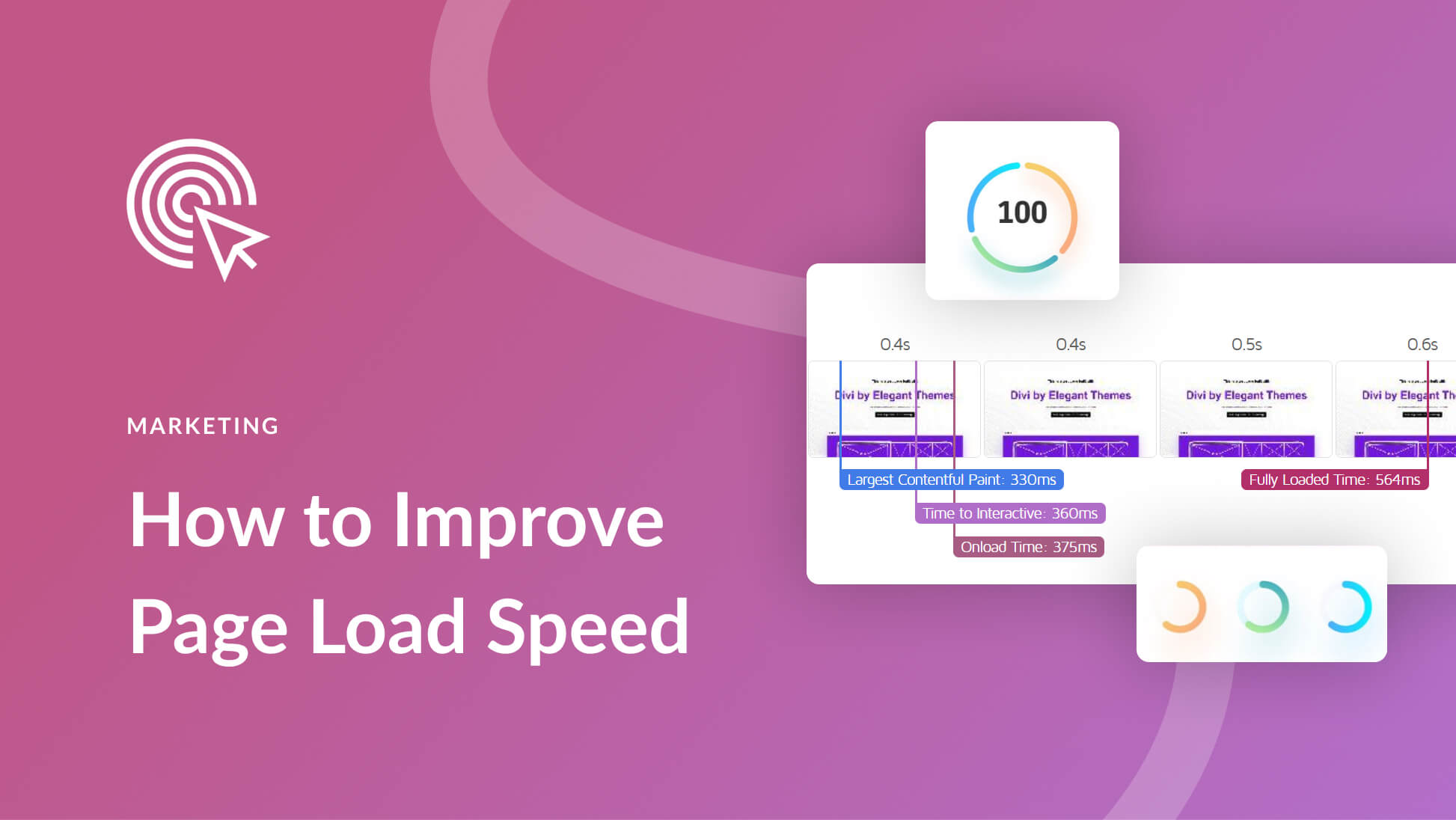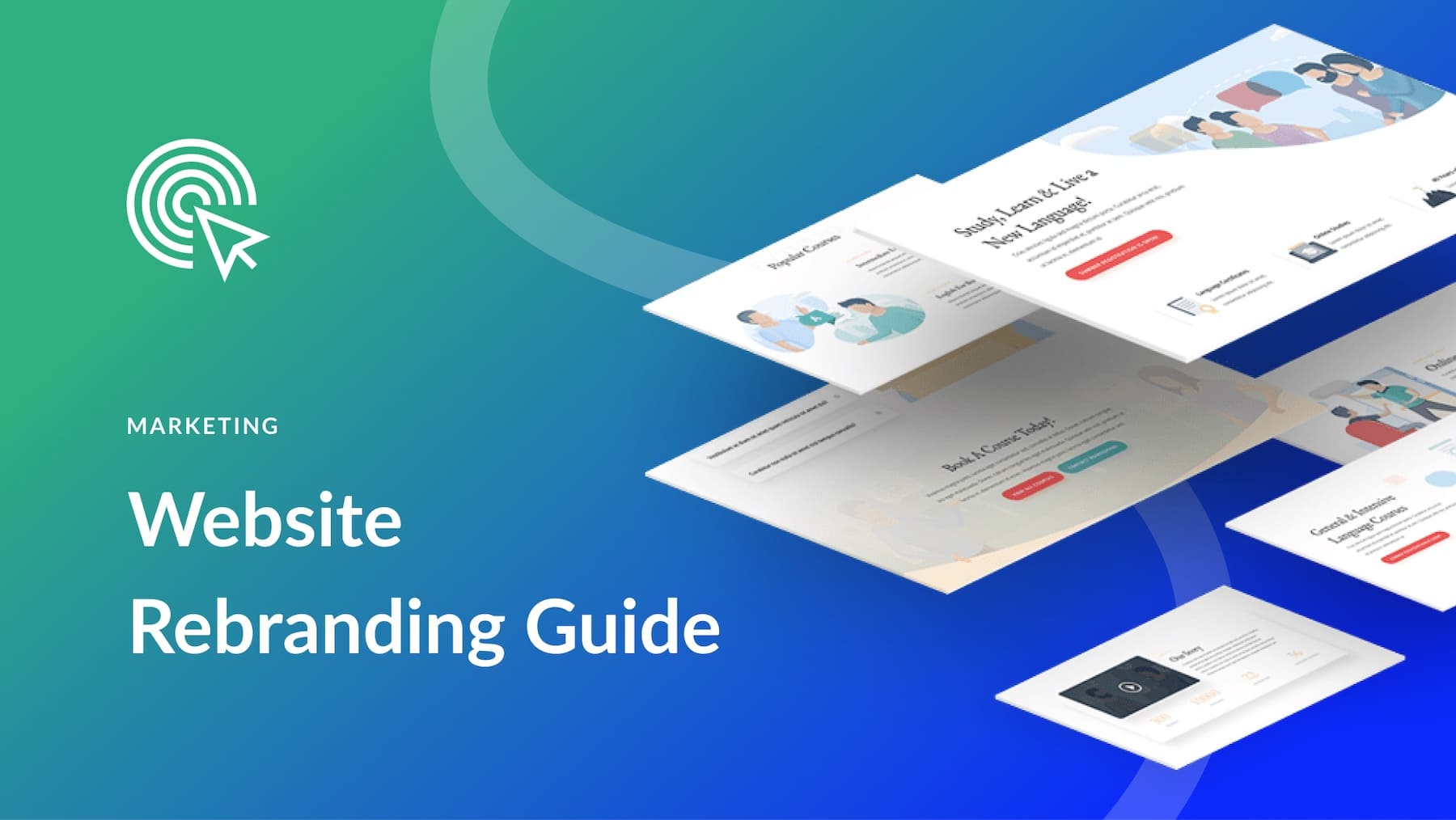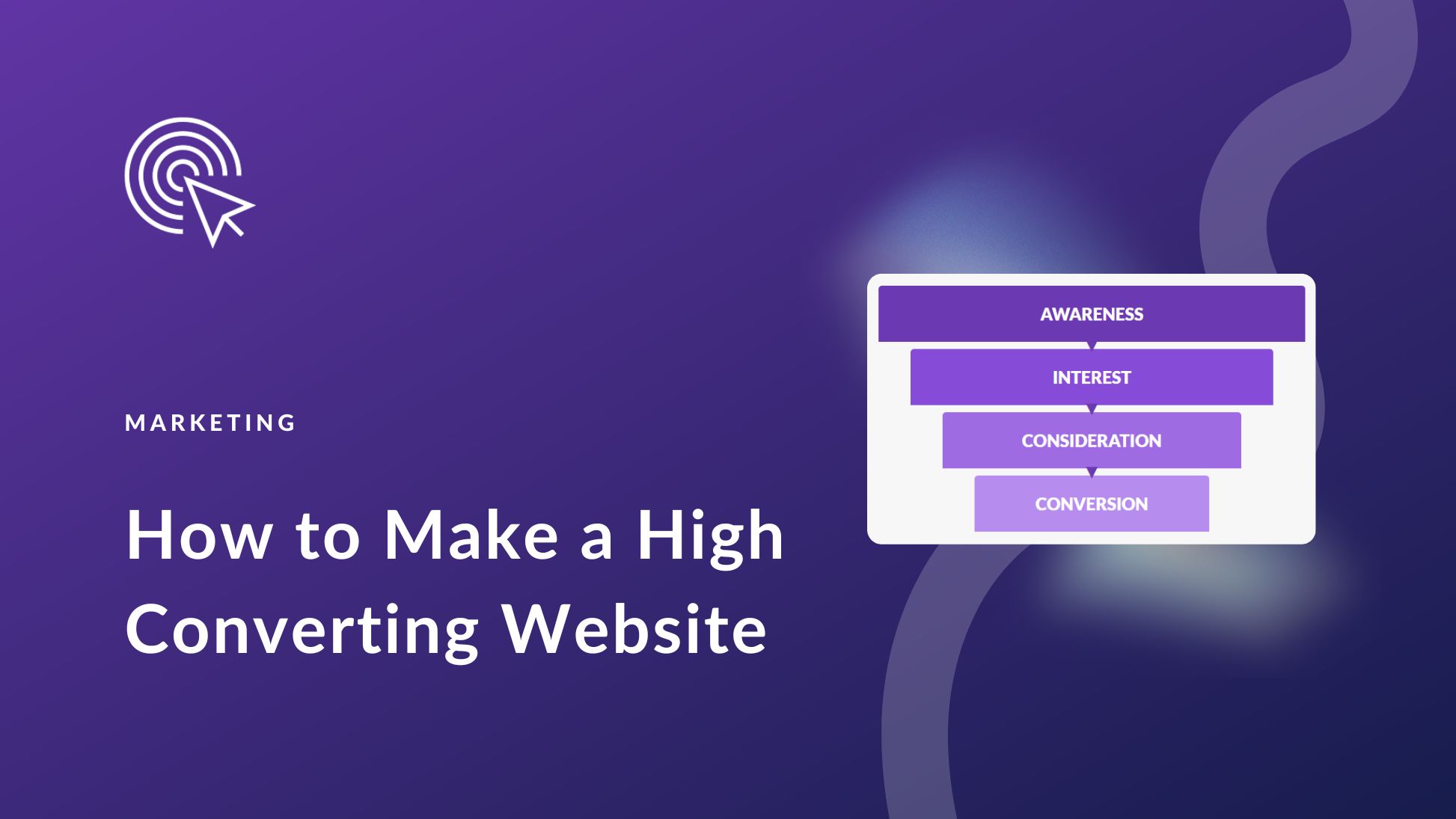Does your business need a digital marketing transformation? These days, most businesses need a digital presence and outreach plan. A strong online and social media presence is essential to keep your business top-of-mind with current and potential customers.
If your business is still largely brick-and-mortar, you can benefit from moving some of your marketing strategy online. Wondering why more of your business presence should be digital? Read on.
What is a Digital Marketing Transformation?
A digital marketing transformation is a process of adopting online marketing tools and techniques as part of your overall business strategy. It’s similar to the idea of digital transformation, which involves adopting technology and software that augments and streamlines business processes. Digital marketing transformation means you’re bringing your marketing efforts online through digital tools and strategies.
Traditionally, businesses leaned on tools such as direct mail, print ads, television, radio, and phone books for their marketing. Now, a business’s reach is severely limited if it only utilizes these methods. Digital marketing transformation moves a business away from traditional marketing tools and toward digital methods.
Businesses that continue to use traditional marketing means leave their marketing efforts at the mercy of their ad partners. Digital marketing allows business owners to manage the full scope of their marketing. When you market digitally, you have more control, from planning and testing to implementation and analytics. With a digital strategy, it’s also possible to reach a much wider audience, growing your brand and your sales in the process.
Which Businesses Should Undergo a Digital Marketing Transformation?
Arguably, all businesses should have at least a portion of their marketing online. In particular, traditional business concepts such as brick-and-mortar retail, transportation services, and local service providers have the potential to evolve in their marketing strategies by bringing them online. Even businesses that rely on clientele in a specific town or region can benefit.
Businesses that can personalize their marketing are prime candidates for a digital marketing transformation. Consumers gravitate toward brands they resonate with on a personal level. If your business relates to its customers, take that to the next level by communicating with them online.
Components of a Digital Marketing Transformation
Before your business embarks on a digital marketing transformation, your team needs to be on the same page. Do you have a shared vision for where you’re going? Have you embraced the idea of shifting to a new digital marketing model? Once you’ve embraced the idea of a digital marketing transformation, it’s time to put the pieces into place.
Data Management System
First, you’ll need to consider a Data Management Platform, a tool that securely stores information about your audience. This information includes email addresses, contact information they have provided, marketing channels they have interacted with, and their purchase status. Tools such as Salesforce, SAS Data Management, or Nielsen Data Management Platform are all strong choices.
Mobile-Friendly Website
If you haven’t already updated your website to be mobile-friendly, now is the time. Your website should be easily accessible on any mobile device since mobile inbound marketing has increased more than 220% over the past seven years. Making your business mobile-accessible will mean it’s more widely available to any online user.
Next, it’s time to decide which digital marketing tools you need. If you don’t have a mailing list or an email newsletter, you can easily set one up through a program such as MailChimp, Constant Contact, ConvertKit, or Flodesk. Your email newsletter is the most important component of your marketing because you will own your email list. Social media platforms may change their algorithms over time, but your newsletter will always be yours.
Does your business have a presence on social media? Being visible on social platforms is one way to grow your brand awareness and following. While you don’t have to put a large amount of time in every available platform, it’s worth exploring what’s out there to see what is best for your brand. Consider experimenting with the platforms that appeal to you.
Here are some choices to consider:
- Facebook – a multimedia-based platform with powerful business tools you can use to connect with your audience
- Instagram – a visually-driven microblog platform that’s great for images and video
- Twitter – a casual, conversational platform driven primarily by short-form text posts
- YouTube – a video platform that’s great for educational and informative content
- Snapchat – a platform with disappearing posts that leverages fear of missing out (FOMO) to keep its users engaged
- Pinterest – a visual “pin board” where users collect images and posts that appeal to their interests
- TikTok – a short-form video-driven platform based on fun and educational content
Social media plugins can assist you in bringing traffic to your website from social media, and driving sales from social media to your website.
Paid Digital Ads
Paying for digital ads will get your brand seen by an ever wider audience than you’ll be able to reach organically. You can advertise via Google AdSense or alternative online ad platforms to increase your reach.
Social media advertising is also an effective component of digital marketing for many businesses. All major social platforms have options for sponsored posts. Pay attention to the platforms where your content performs best, and try investing in those first.
SEO
Making search engine optimization (SEO) part of your digital marketing strategy adds another layer of visibility to your online presence. SEO involves associating keywords with your online presence so that search engines like Google can rank your site. The idea is to leverage those keywords well so that your search ranking is higher than your competitors.
While you can absolutely learn the basics of SEO, it could be helpful to work with a consultant or firm to take your keywords to the next level. You can also weave those words into your written content, such as your blog posts.
How to Create a Digital Marketing Transformation in Your Own Business
In order to start your own digital marketing transformation, take stock of your business. What does your current marketing strategy look like? What digital practices might make sense for both your business and your audience?
Consider what your competitors are doing in their marketing. What’s working for them? Is that a viable option for your business?
Looking at your audience demographics will help you decide which digital marketing tools and platforms you want to leverage. For example, older audiences generally gravitate toward Facebook, while younger users opt for Instagram and TikTok.
Experiment with digital marketing options for your business. Don’t be afraid to test different solutions in order to determine what will work best. Digital marketing isn’t one-size-fits-all, and it may take some trial and error before you find what works for your brand.
Finally, understand what’s involved in digital marketing and make a plan to execute it. Ensure that your company has the proper tools, process, and talent in place to build and implement your new strategy.
Wrapping Up
Digital marketing is essential for most businesses today. If you aren’t yet utilizing digital tools to broaden your brand’s reach, now is the time to start. Utilize a solid data management system, mobile-friendly website, social media platforms, paid advertising, and SEO to get your brand seen online.
Does your business need a digital marketing transformation? What pieces will you put in place first? Let us know in the comments.
Article featured image by Sira Anamwong / shutterstock.com









I think every business needs a digital marketer to grow their business and the blog is very nice. Thank you
Great article! More often than not, businesses tend to face challenges in adopting online marketing tools due to the fact that they don’t really have an overall understanding in the kind of digital strategies, channel and online platform they can make use of.
I think every business needs digital marketing agency to help grow the company, Thank you so much for sharing such informative blog. Have a nice day!
Great article on digital marketing transformation as the year 2020 totally changed the marketing strategies and now this is the need of today.
Great Article! This would be great for ALL clients of ours, and for other agencies Thank you so much for this information!